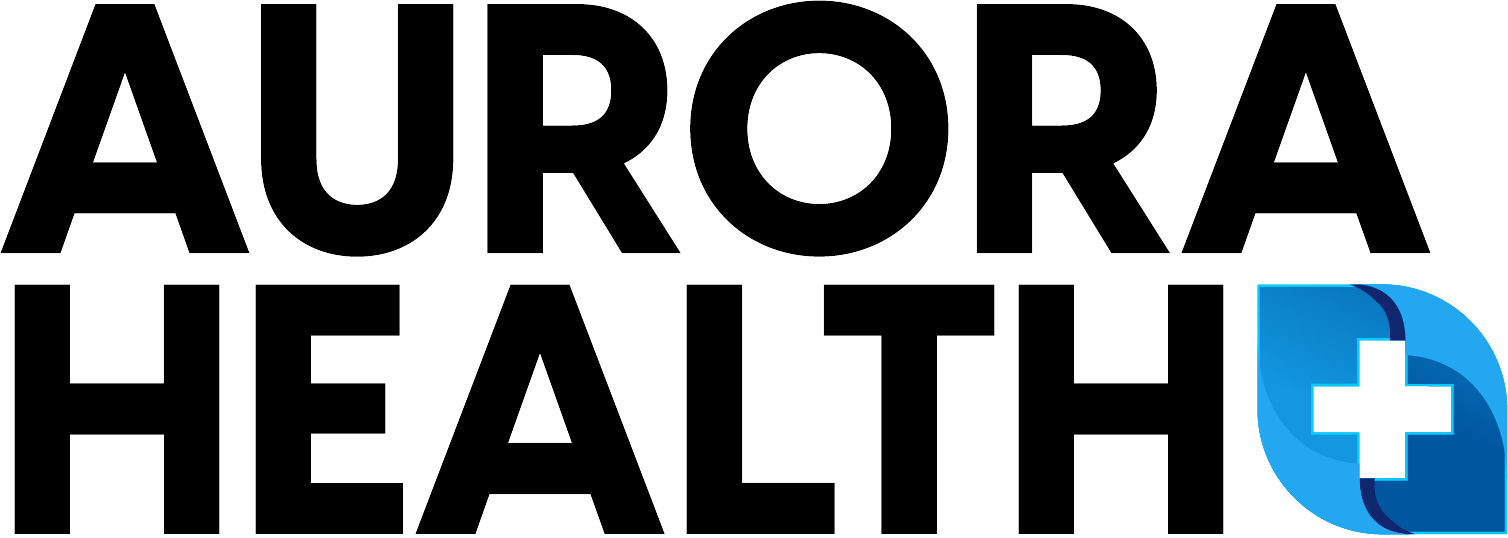My Friend Sarah’s Fatigue Wasn’t Just Stress And Yours Might Not Be Either
I remember my friend Sarah so clearly. Sarah’s breakfast looked like a nutritionist’s dream–organic oatmeal, chia seeds, a scoop of ‘clean’ protein powder. Yet by 2pm each day, she could barely keep her eyes open. For months, she put it down to stress, to her busy schedule, to just not getting enough sleep. Her doctor ran some basic tests, gave her the all-clear, and suggested maybe she just needed a vacation. But the exhaustion lingered, a heavy cloak she couldn’t shake off. It felt like walking through mud, every single day. It was only after a deep dive with a nutritionist, who suggested a rare test for mineral levels, that the culprit was revealed: a severe magnesium deficiency. It sounds almost too simple, doesn’t it? Yet, what shocked us both was learning that Sarah wasn’t alone; on average, one in two people unwittingly suffer from the same deficiency. Are you one of them? Experts estimate that a staggering 50% of Americans are deficient in this critical mineral, and most of them, like Sarah, never even know it. They just feel tired, foggy, and a little bit broken, attributing it to everything but the real, underlying cause.
The Hidden Dangers In Your Morning Oats And Other So Called Health Foods
What really opened my eyes, and Sarah’s, was looking into why this deficiency is so rampant, even among people actively trying to eat well. It turns out some of those “health foods” we religiously consume might be part of the problem, secretly sabotaging our energy. It makes you angry, doesn’t it?
The Glyphosate Deception
I was horrified to learn from research by groups like the Environmental Working Group that a significant percentage of oat-based products, you know, the stuff we think of as a wholesome breakfast, can contain glyphosate. That’s the active ingredient in many weed killers. Glyphosate isn’t just lurking unseen–it’s clinging to the nutrients your body desperately needs, potentially making it harder to absorb minerals like magnesium. Imagine starting your day with a bowl of something that’s actually working against you!
Heavy Metals in Your Protein Shake?
And it doesn’t stop there. The Clean Label Project found heavy metals like lead and arsenic lurking in many popular protein powders. I remember picking up a tub, thinking I was making a smart choice for muscle recovery, only to later read reports that made my stomach turn. You think you’re doing your body good, investing in your health, and instead, you might be unknowingly ingesting substances that can interfere with nutrient absorption and overall well-being.
It feels like a betrayal by the food industry, hiding behind health halos while their products might be contributing to our depleted energy levels. Instead of these processed options, focusing on whole, unprocessed foods is always a safer bet think fresh vegetables, fruits, and lean proteins from trusted sources you can actually identify.
Why Your Blood Test Probably Lied To You About Magnesium
One of the most frustrating parts of Sarah’s journey was that initial blood test. Standard serum magnesium tests, the ones most doctors run, often don’t give the full picture. Why? Because most of your body’s magnesium isn’t floating around in your bloodstream; it’s stored deep within your bones and cells. So, a serum test can look perfectly normal even when your cellular levels are critically low. It’s like checking the fuel gauge of a car by only looking at the tiny amount of fuel in the fuel line it doesn’t tell you how much is actually in the tank! Or, as one expert put it, checking typical blood tests for magnesium is like measuring your bank balance by the pennies in your pocket. It’s misleading!
I’ve since learned that if you suspect a magnesium deficiency, you need to advocate for yourself. Don’t be afraid to ask your doctor for an RBC magnesium test. This test measures the magnesium in your red blood cells, giving a much more accurate indication of your body’s actual stores. It’s this kind of specific knowledge that can be the difference between months, or even years, of unexplained symptoms and finally getting to the root cause. When was the last time your doctor even mentioned this specific test?
How Elite Performers Like Navy SEALs Maximize Their Minerals
It’s not just everyday folks like Sarah who are realizing the power of optimal mineral balance. I once came across some fascinating insights into how elite performers, like Navy SEALs, approach nutrition. For them, peak physical and mental performance isn’t just a goal; it’s a non-negotiable necessity. They operate under extreme conditions, and their bodies need to be finely tuned machines. A former SEAL medic I had the chance to connect with revealed that they prioritize magnesium-rich whole foods and targeted supplementation during intense training and missions. He mentioned seeing performance drops of up to 40% in cognitive and physical tasks when magnesium levels weren’t optimal. Some SEAL training protocols even highlight controlled magnesium intake for cognitive and physical resilience during high-stress situations. While I don’t have their exact top-secret protocols, the principle is crystal clear: they understand that micronutrients, including magnesium, are absolutely fundamental. I’ve read reports, and even seen citations from respected institutions like the Mayo Clinic (though not specifically about SEALs, but about magnesium’s impact on energy), suggesting that addressing magnesium deficiency can lead to significant improvements in energy levels some sources even claim doctors have observed up to 80% improvements in patients. If optimizing this one mineral can make such a difference for those pushing the limits of human endurance, imagine what it could do for those of us just trying to get through a busy week feeling our best.
Your Body’s Silent SOS Signals Don’t Ignore Them
Magnesium deficiency often whispers before it shouts. The symptoms can be subtle and easily dismissed, which is why it’s so often overlooked. That 3am wake-up with your heart pounding for no reason? The leg cramps that jerk you awake just as you’re drifting off? Your body might be screaming for magnesium. Are you experiencing any of these? Maybe it’s trouble sleeping, a persistent restlessness that keeps you tossing and turning night after night. Or perhaps it’s frequent headaches that you just can’t shake, muscle cramps or twitches, especially in your legs. Sometimes it manifests as heart palpitations, that unnerving flutter in your chest, or even increased anxiety or irritability that seems to come out of nowhere. I know I’ve brushed off some of these in the past, thinking it was just stress or too much coffee.
But these are your body’s silent SOS signals, its way of telling you something is amiss. And here’s a sobering thought, the cost of inaction can be high: the negative impacts of such deficiencies can compound over time. Experts suggest that deficiency damage often worsens with age, impacting everything from bone health (prolonged deficiency is linked to decreased bone density) to cardiovascular function. It’s crucial to act now rather than wait until more serious problems develop. Don’t ignore these little nudges from your body; they could be pointing to a simple fix with profound benefits.
Why Most Magnesium Supplements Fail You And Your Wallet
So, you suspect a deficiency, and you think, “Great, I’ll just grab a magnesium supplement.” If only it were that simple. Think you’re fixing the problem with that cheap, over-the-counter supplement? You might be dumping your cash straight into the trash bin here’s why. I’ve learned the hard way, and through much research, that the supplement aisle is a minefield. The truth is, not all magnesium supplements are created equal. Many of the common, cheaper forms, like magnesium oxide, have notoriously poor bioavailability. “Bioavailability” is just a fancy way of saying “how much your body actually uses it.” With magnesium oxide, your body might only absorb and utilize a tiny fraction of what’s in the pill. Beware, the bargain supplement you rely on might deliver only 10% real benefit, with the rest just passing through.
It’s frustrating to realize how few magnesium supplements on the market are truly effective because of these absorption issues. After what felt like ages of research, and trying a few duds myself that did little more than upset my stomach, I zeroed in on a few forms that actually seemed to move the needle for people. Based on what experts and studies suggest, you need to look for more absorbable forms like magnesium glycinate (often recommended for sleep and relaxation), magnesium malate (sometimes linked to energy production), or magnesium citrate (which can also help with regularity). It’s not just about how much you take, but how much your body can actually use. This is where understanding how your body uses these nutrients becomes crucial. Synthetic vitamins and poorly formulated minerals often fall short compared to nutrients from whole food sources or well-formulated, bioavailable supplements.
3 Forgotten Superfoods That Outperform Most Pills
While a good supplement can be a bridge, I’m a firm believer in getting nutrients from food first, whenever possible. And when it comes to magnesium, there are some fantastic, often forgotten, superfoods that can pack a powerful punch. I was amazed to learn that your body’s ability to absorb magnesium from these natural sources can be significantly better than from many pills some research suggests certain whole foods can offer substantially better absorption, sometimes cited as being up to 300% more effective than common synthetic supplements, though this can vary a lot.
Here are a few powerhouses you might want to add to your grocery list. I try to get a mix of these regularly:
- Pumpkin Seeds: These aren’t just for Halloween! Just a small handful of these little green gems provides a hefty dose of magnesium. I was skeptical at first, but now I sprinkle them on salads, mix them into my morning yogurt, or just snack on them. Easy and effective.
- Seaweed (like Nori or Kelp): This one surprised me. It’s not just for sushi! Varieties like nori, kelp, or wakame are incredibly rich in minerals, including magnesium and iodine. I’ve started adding kelp granules to soups and stews for an easy nutrient boost, and it adds a nice savory flavor too.
- Dark Leafy Greens (Spinach, Swiss Chard, Kale): Okay, these are more commonly known, but are we eating enough of them, consistently? Spinach, Swiss chard, and kale are magnesium champions. I make it a point to get a serving in almost every day, whether it’s blended into a smoothie (you can’t even taste it!), wilted into an omelet, or as the base of a big salad.
It’s incredible how much power we have to influence our health simply by choosing the right foods. For me, discovering the truth about magnesium, the deceptions in the food industry, and the simple, natural ways to replenish this vital mineral has been a game-changer. It was for Sarah too. She’s a different person now, full of the energy she always knew she should have. That heavy cloak of fatigue? Gone. Maybe it’s time for you to investigate if this overlooked deficiency is holding you back too. Don’t wait for the whispers to become shouts.

